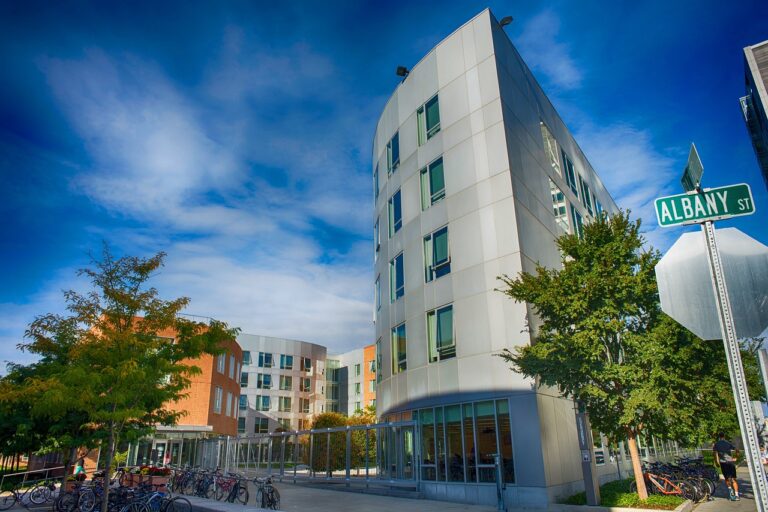Understanding the Role of Artificial Intelligence in Personalized Learning
Personalized learning has made significant strides in education, revolutionizing the way students engage with course materials. By tailoring lessons to individual strengths and learning styles, educators can better cater to the diverse needs of students in the classroom. This approach allows for a more dynamic and interactive learning environment where students can progress at their own pace, leading to increased academic achievement and a deeper understanding of the subject matter.
Furthermore, the evolution of technology has played a crucial role in the advancement of personalized learning. With the use of digital platforms and online resources, teachers can create customized learning experiences that cater to each student’s unique needs. This integration of technology has not only expanded the possibilities for personalization but has also increased access to education for students from all backgrounds. By leveraging technology in the classroom, educators can provide a more inclusive and equitable learning experience for all students.
The Impact of Artificial Intelligence on Education
Artificial Intelligence (AI) has become a game-changer in the field of education, offering personalized learning experiences to students of all ages. By analyzing vast amounts of data, AI can adapt instructional materials and teaching methods to cater to individual learning styles and preferences. This customized approach fosters a more engaging and effective learning environment, allowing learners to progress at their own pace and focus on areas where they need the most support.
Moreover, AI technologies enable educators to automate administrative tasks, such as grading assessments and creating lesson plans, freeing up more time for personalized interactions with students. This shift towards a more data-driven and efficient educational system has the potential to revolutionize the way students acquire knowledge and skills, preparing them for the demands of the future job market. With AI continually evolving and improving, the impact on education is set to grow exponentially, promising a more inclusive and dynamic learning experience for all.
How has artificial intelligence impacted education?
Artificial intelligence has transformed education by enabling personalized learning experiences, improving student engagement, and providing valuable insights for teachers.
What is personalized learning?
Personalized learning is an educational approach that tailors instruction to each student’s unique learning needs and preferences, with the help of artificial intelligence algorithms.
How does artificial intelligence improve student engagement?
Artificial intelligence can analyze students’ behavior and performance to provide personalized feedback, recommendations, and interactive learning experiences that keep them motivated and engaged.
How can teachers benefit from artificial intelligence in education?
Teachers can use artificial intelligence tools to automate administrative tasks, gain insights into students’ progress, identify areas for improvement, and deliver more effective instruction.
Are there any concerns about the use of artificial intelligence in education?
Some concerns include data privacy issues, the potential for bias in algorithms, and the importance of maintaining a balance between technology and human interaction in the learning process.





